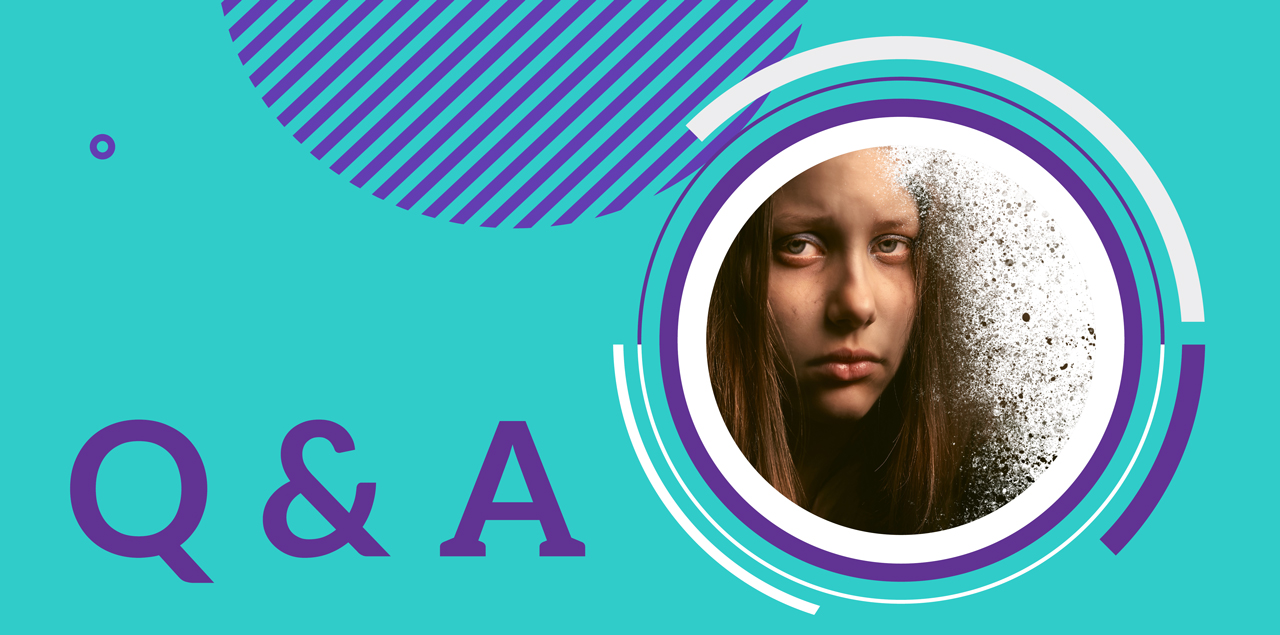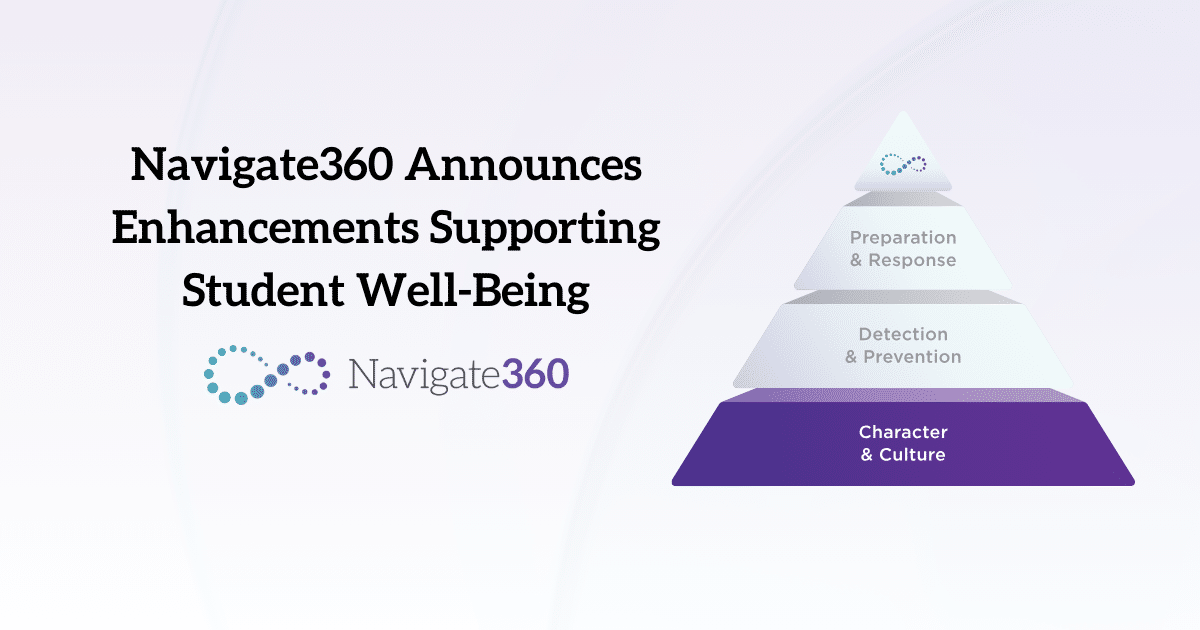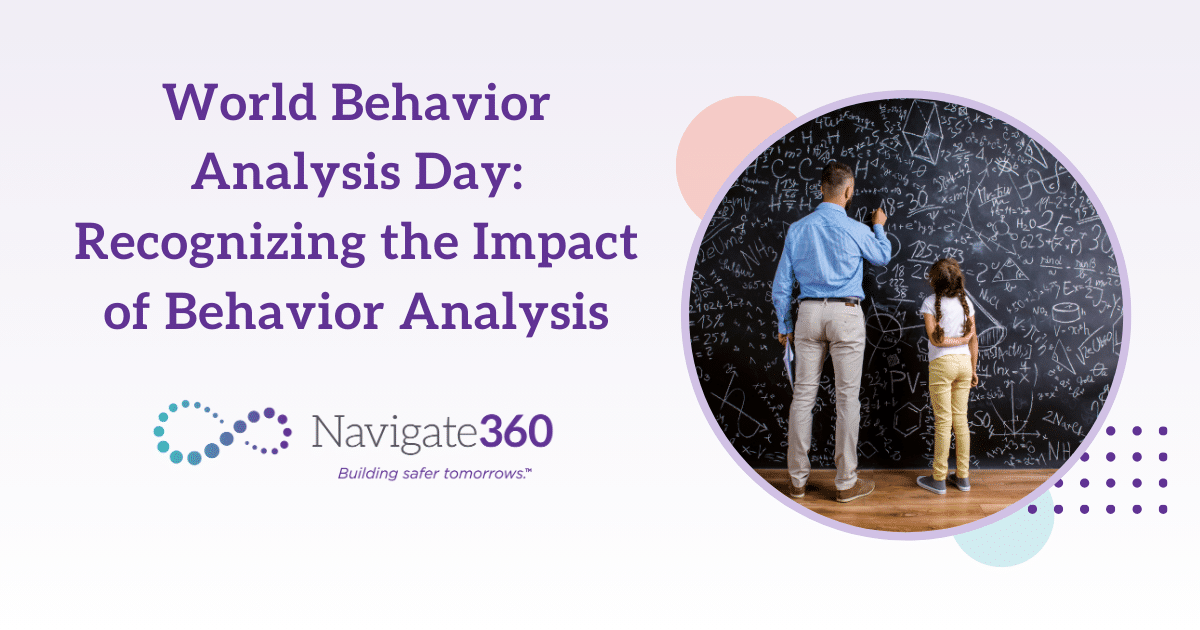Answered by industry expert Scott Poland, Ed.D., director, Suicide/Violence Prevention Office, NSU Florida. Dr. Poland is a licensed psychologist and an internationally recognized expert on school safety, preventing youth suicide, self-injury, bullying, school crisis prevention/intervention and threat assessment.
District leaders and administrators know that addressing topics like youth suicide, depression and student mental health are more critical than ever. The issue is that oftentimes they are unsure where to start. Educational leadership programs don’t prepare teachers and administrators to help students cope with mental health issues. The reality is though that they encounter students every day who may be experiencing trauma, depression, anxiety and other mental health concerns.
Here, Dr. Poland answers the 5 top questions asked by K-12 administrators and staff about preventing youth suicide. For additional information on preventing youth suicide, you can view these videos by Dr. Poland or download this resource.
Question 1: What do you say to someone who wants to die by suicide?
Dr. Poland: We need to let a person stating they want to die by suicide know that we are there for them. Firstly, they need to know they are not the first person to feel that way and there is help available. It’s important to stay with a suicidal student and to transfer them to a trained school mental health professional.
Question 2: Can you please address these myths?
MYTH 1: You can’t talk a person out of dying by suicide if they truly intend to.
Dr. Poland: Suicide is very situational. As Voltaire pointed out in 1764 with the statement, “the young man in the fit of melancholy who died by suicide today might have wanted to live had he merely waited a week.” Therefore, our job is to help students get through a difficult day or two. Most people are actually very ambivalent about suicide. As a result, one minute they want to die because their life is a series of never-ending problems, but the next minute there’s a glimmer of hope. Specifically, we always need to emphasize that suicide is very preventable.
MYTH 2: Kids who sign a no-suicide contract won’t follow-through.
Dr. Poland: The problem with a no-suicide contract is it all about what not to do! Students may be identified as being possibly suicidal at the end of the school day and a school counselor for example, might think I’ll just have them sign a no-suicide contract and I will check on them tomorrow. But the student needs to stay with the counselor. For initial screening, their parents need to be notified, and the student’s care transferred to parents or a mobile crisis team. No-suicide contracts have not been proven to be effective. Thus, they have been replaced with written safety planning.
Question 3: What are your thoughts on suicide risk assessments? There are experts that are saying that school counselors should NOT do risk assessments.
Dr. Poland: Counselors are the most logical school personnel to provide an initial screening of whether or not a student is at risk for suicide. Therefore, counselors need to receive training on suicide screening. It should include observing a role play of a suicide screening which I try to include in all my trainings. The primary purpose of this screening is to determine the immediate need for supervision of the student. School counselors need to recognize that it’s very common for students to deny being suicidal. Conversations with the parents need to strongly encourage a comprehensive suicide assessment in the community. Also, peer reports of suicidal behavior need to be taken very seriously by school counselors.
Question 4: It seems sometimes depression can be misdiagnosed as ADD/ADHD. So, how can you differentiate or know the difference?
Dr. Poland: A careful assessment is needed to determine whether depression or ADHD are an appropriate diagnosis for a student. Additionally, we must recognize that with comorbidity, it’s possible the student might meet both diagnostic criteria. Generally, my experience has been that students with severe ADHD that do not receive the needed treatment often become depressed because they’re always in trouble and not successful academically at school.
Question 5: Can you please give 741-741 number?
Dr. Poland: Text HOME or HELLO to 741741 for free, 24/7 crisis counseling or visit: crisistextline.org
To read all of the questions and expert answers on preventing youth suicide in schools, download the full list here.
If you or someone you know might be at risk of suicide, call the National Suicide Prevention Lifeline at 800-273-8255 or visit their website for additional information. You can also text HOME to 741741 to connect with the Crisis Text Line.




